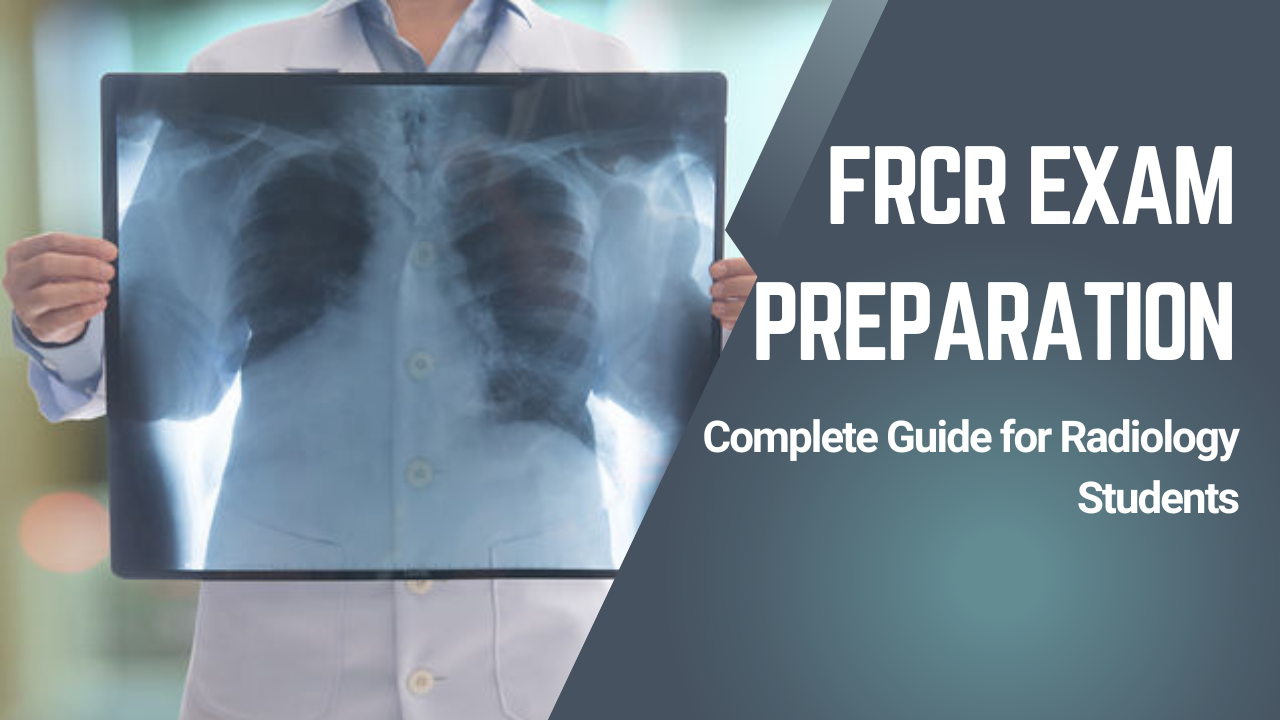The MFDS (Membership of the Faculty of Dental Surgery) is one of the most recognised postgraduate dental qualifications in the UK. For many first-time candidates, the exam can be overwhelming because it tests not only theoretical knowledge but also practical, clinical, and communication skills. Unfortunately, common mistakes reduce the chances of passing on the first attempt.
In this blog, we highlight the top MFDS exam mistakes to avoid and share practical MFDS exam tips UK to help you prepare effectively and succeed.
1. Underestimating the Syllabus Breadth & Depth
Mistake: Many candidates assume the MFDS exam only tests “core dentistry” topics, but the syllabus is broad, including surgery, restorative, pharmacology, radiology, ethics, infection control, and patient safety.
Tip: Always review the MFDS syllabus topics UK in detail. Create a checklist of every subject and ensure you allocate time across all sections. Covering the entire syllabus improves your chance to pass MFDS first attempt UK.
2. Passive Reading Without Active Practice
Mistake: Some candidates rely only on memory-based learning or reading textbooks. MFDS Part 1 uses Single Best Answer (SBA) questions that test application of knowledge, and Part 2 uses OSCE stations focusing on communication and reasoning.
Tip: Use MFDS mock tests UK and practice exam-style questions under timed conditions. Incorporate flashcards, active recall, and peer discussions. These methods are far more effective than passive reading.
3. Poor Time Management in the Exam
Mistake: Candidates often spend too much time on difficult questions and fail to complete the paper. In the OSCE, poor time division across stations leads to incomplete tasks.
Tip: Practice with time-limited MFDS sample papers UK. In Part 1, answer easy questions first and mark tough ones for review. In Part 2, divide time per station: a couple of minutes to plan, the rest to answer confidently.
4. Ignoring OSCE Preparation Until Too Late
Mistake: Many focus only on Part 1 and delay OSCE practice. As a result, they lack confidence in communication, clinical reasoning, and applied scenarios.
Tip: Start MFDS OSCE preparation UK early. Practice common OSCE scenarios with friends, mentors, or study groups. Simulate real exam conditions to build speed and confidence.
5. Using Too Many Resources
Mistake: Overloading on books, online courses, and question banks confuses candidates and wastes time.
Tip: Stick to a few best books for MFDS UK and a trusted MFDS mock test bank UK. Quality is more important than quantity. Following a focused study plan ensures clarity and better retention.
6. Ignoring Weak Areas and Feedback
Mistake: Some candidates repeatedly practice strong topics and avoid weak areas, which results in repeated mistakes during the exam.
Tip: After every mock test, review errors carefully. Maintain a weak topics list and revisit those areas. Use peer or mentor feedback to target gaps in knowledge.
7. Overconfidence and Stress Mismanagement
Mistake: Assuming clinical experience alone will guarantee success. On exam day, stress and time pressure can cause even strong candidates to underperform.
Tip: Simulate full exam conditions before the actual test. Practice stress management techniques such as deep breathing and timed drills. Managing exam stress MFDS UK is just as important as knowing the syllabus.
8. Administrative and Logistical Errors
Mistake: Missing application deadlines, choosing the wrong exam centre, or forgetting ID documents can cost an attempt.
Tip: Track all MFDS UK exam dates and deadlines in advance. Double-check centre location, exam timing, and required documents. Simple organisation prevents unnecessary stress.
9. Not Staying Updated with Exam Changes
Mistake: Studying outdated formats or ignoring recent changes in exam structure leads to poor preparation.
Tip: Always refer to the latest MFDS exam regulations UK. Review updated marking criteria, sample questions, and practice materials aligned with the most recent exam version.
Conclusion
Preparing for the MFDS exam in the UK requires strategy, discipline, and awareness of common pitfalls. By avoiding these mistakes—like ignoring the full syllabus, delaying OSCE practice, poor time management, and neglecting weak areas—you can boost your chances of passing MFDS on your first attempt UK.
Key takeaway: Focus on smart preparation, quality resources, and consistent practice. With the right approach, you can achieve MFDS success and open doors to advanced dental career opportunities in the UK. MFDS exam mistakes to avoid UK






